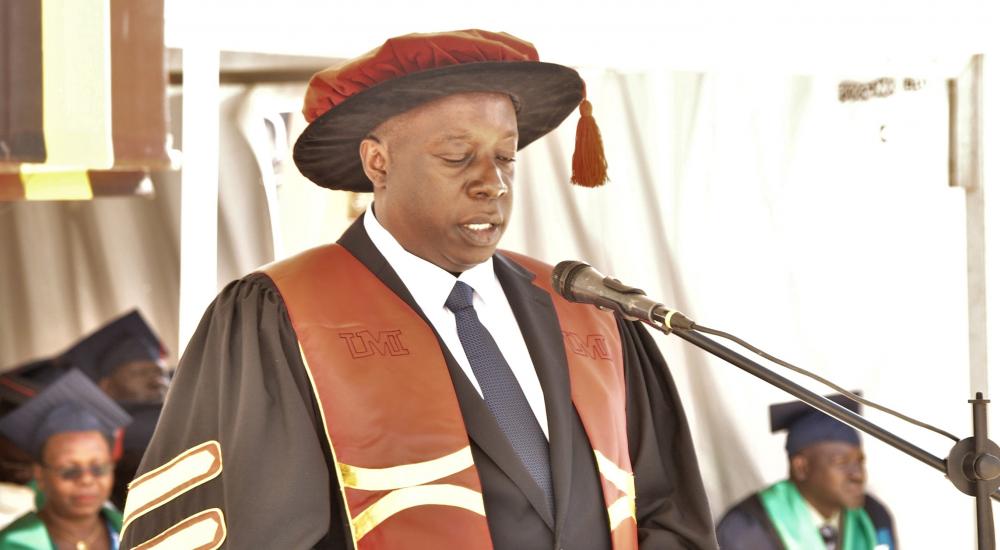Africa’s Education Evolution: Nigeria, the Awakening Giant
In the landscape of international education, Nigeria is the awakening giant of the African continent. A dominant source of international students studying abroad and a force within the higher education sector throughout Africa, Nigeria’s role will only expand in coming years, as its population is expected to eclipse that of the United States by 2050.
Located in western Africa, Nigeria is a resource-rich country with a strong and growing middle class that recently overtook South Africa as the continent’s largest economy (as measured by gross domestic product). It also boasts enormous diversity; between its more urban, Christian south and the more rural, Muslim north, Nigeria has more than 250 ethnic groups.
Yet, it is challenged by widespread poverty, a dependence on the petroleum industry that led to a recession in 2016 after prices declined, currency problems, corruption, and conflict, including the Boko Haram Islamist militant group.
Many experts across Africa and beyond anticipate whether new educational reforms can help Nigeria’s higher education sector better cope with the youth bulge that is challenging its capacity and quality, two issues that drive many Nigerians abroad for their higher education.
The State of Higher Education in Nigeria
With a large total population—it is the seventh most populous country in the world, with 190 million citizens in 2017—Nigeria’s youth population is proportionally even larger. The median age was 17.9 in 2015, and its domestic higher education system is having trouble keeping up.
According to the executive secretary of Nigeria’s National Universities Commission (NUC)














